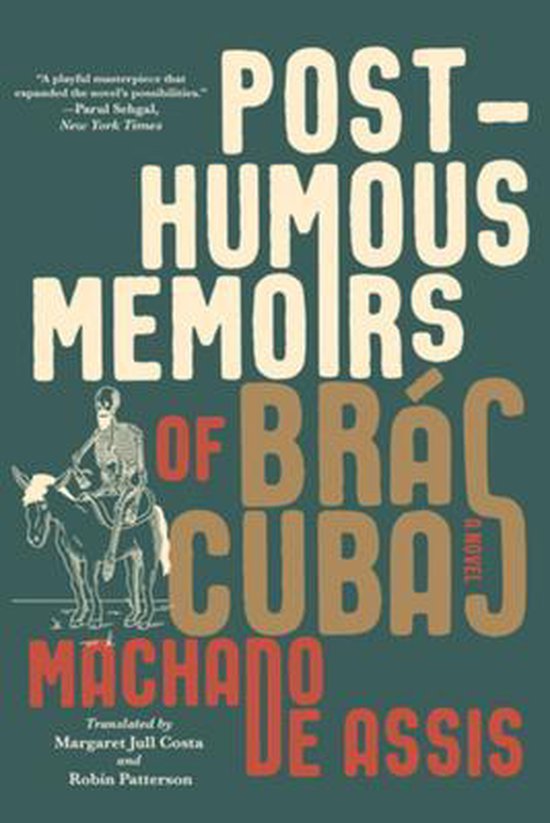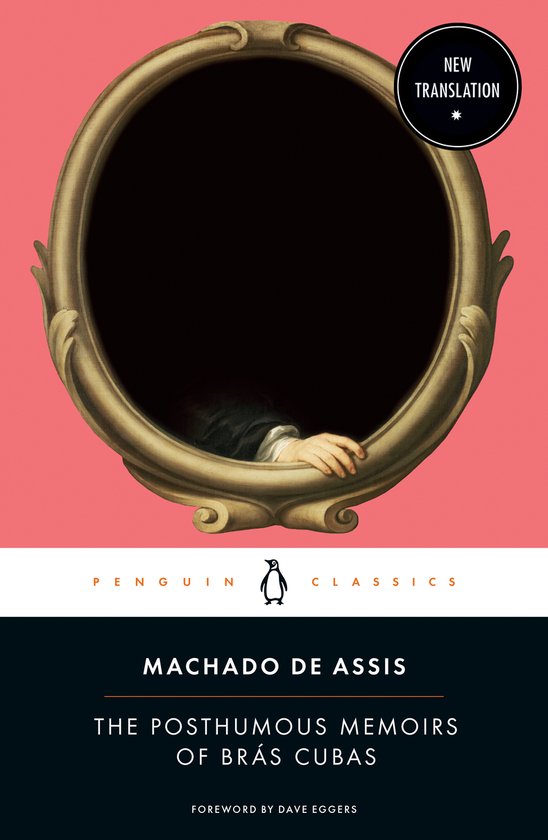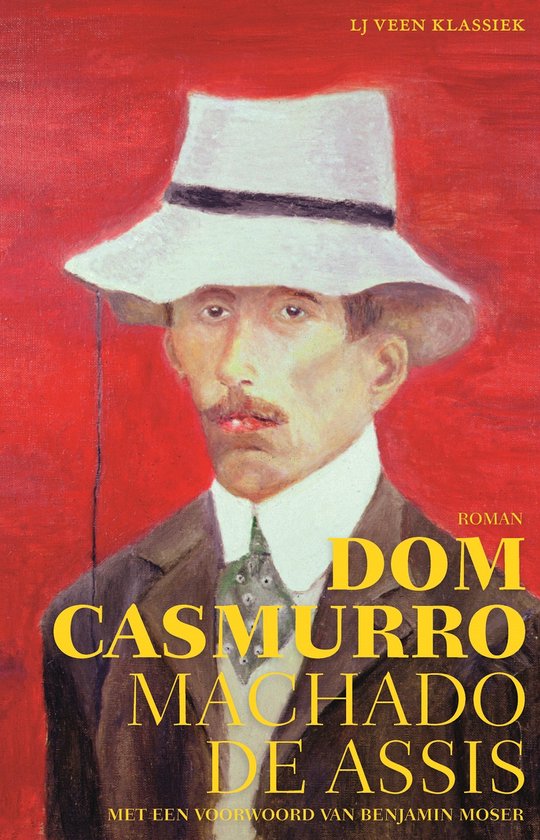Posthumous memoirs of br s cubas

Uiterlijk 14 maart in huis
Machado de Assis’s iconic novel, now considered a progenitor of twentieth-century South American fiction, is finally rendered as a stunningly modern work.
"I passed away at two o’clock in the afternoon on a Friday in August in 1869, in my beautiful mansion in the Catumbi district of the city." So begins Posthumous Memoirs of Brás Cubas—at the end of the narrator’s life. Published in 1881, this highly experimental novel was not at first considered Machado de Assis’ definitive work—a fact his narrator anticipated, bidding "good riddance" to the critic looking for a "run-of-the-mill-novel". Yet in this coruscating new translation, Margaret Jull Costa and Robin Patterson reveal a pivotal moment in Machado’s career, as his flights of the surreal became his literary hallmark. An enigmatic, amusing and frequently insufferable anti hero, Brás Cubas describes his Rio de Janeiro childhood spent tormenting household slaves, his bachelor years of torrid affairs and his final days obsessing over nonsensical poultices. A novel that helped launch modernist fiction, Brás Cubas shines a direct light to Ulysses and Love in the Time of Cholera.
- Bekijk alle specificaties



Taal: en
Bindwijze: Paperback
Oorspronkelijke releasedatum: 17 september 2021
Aantal pagina's: 256
Illustraties: Nee
Hoofdauteur: Joaquim Maria Machado De Assis
Hoofduitgeverij: Ww Norton & Co
Eerste Vertaler: Margaret Jull Costa
Tweede Vertaler: Robin Patterson
Product breedte: 140 mm
Product hoogte: 18 mm
Product lengte: 211 mm
Studieboek: Nee
Verpakking breedte: 140 mm
Verpakking hoogte: 18 mm
Verpakking lengte: 211 mm
Verpakkingsgewicht: 202 g
EAN: 9781324090502